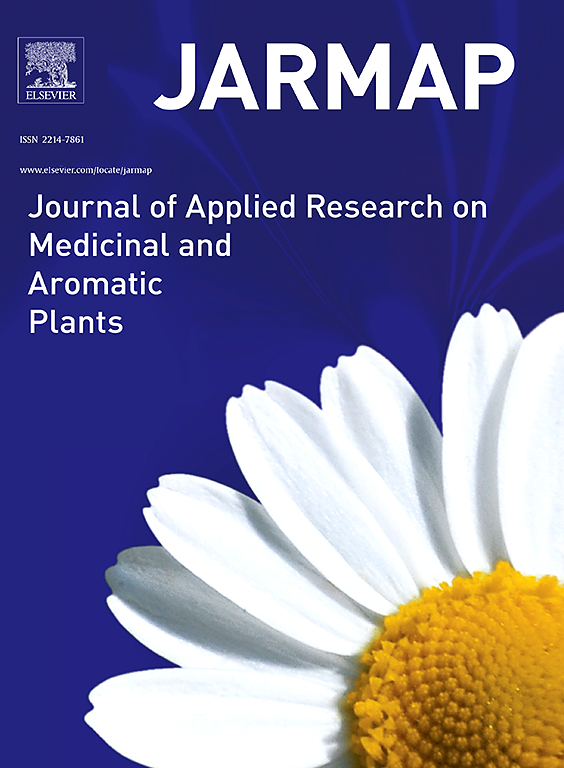Influence of seed pre-treatment and storage on germination and physiological characteristics of seeds of common mullein (Verbascum thapsus L.)
Abstract
We report the seed germination and associated metabolic responses of differentially stored seeds of Verbascum thapsus L. (Scrophulariaceae), an economically and medicinally important herb from the cold desert region of Lahaul (Himachal Pradesh, India) in trans Himalaya, to certain physico-chemical and GA₃ treatments. The freshly harvested seeds of V. thapsus exhibited high (96 %) viability but low germination (55 %). During the storage of seeds under ambient conditions, viability did not change until 1-year but declined progressively thereafter showing a 33 % decline in 4-year stored seeds. The seed germination was promoted to varying extents by acid scarification (AS), SNP (sodium nitroprusside), SHC (sodium hypochlorite) and GA₃ pre-treatments. Storage-dependent changes in seed germination performance and responsiveness to different effectors were evident. Germination performance improved significantly due to 1-year storage followed by a sharp decline subsequently. The responsiveness of seeds to various treatments tended to be higher in seeds stored for ≥2 years. The changes in germination were paralleled by those in α-amylase activity in seeds. Lipid peroxidation generally increased during storage that was paralleled by a gradual decline in superoxide dismutase (SOD) activity and phenolic contents. Catalase (CAT) activity increased transiently in 1-year stored seeds and declined thereafter. Data are expected to have implications for multiplication and cultivation of V. thapsus.

 求助内容:
求助内容: 应助结果提醒方式:
应助结果提醒方式:


